Zambia
Rising food and transport costs, have made life difficult for many Zambians in recent months as the country feels the effects of a drop in demand for copper that has in turn left the economy struggling.
Zambia is Africa’s second-biggest producer of copper, which is a mainstay of its economy. With prices near six-year lows, mining companies have closed mines and cut thousands of jobs.
In addition to the country’s economic woes, in October Zambia hiked retail prices of petrol nearly 39 percent while diesel went up by 33 percent.
Bakery owner Lillian Kauma says it’s becoming difficult to keep the business running as customers are buying less bread while production costs increased after the fuel price hike last year.
“The fuel increase in the food production has affected us in so many ways because we have to buy our flour from millers who also buy grains from farmers who use farming equipment which usually use fuel, so the cost of production is high, at the end of the day they pass it on to the people who buy flour from them,” she added.
According to the Energy ministry Zambia spent more than $200 million on fuel subsidies between January and September last year, an unsustainable burden on the Treasury.
The International Monetary Fund (IMF) wants the country to reduce subsidies as part of an aid package of around 1.2 billion dollars currently being negotiated.
“The cost of living in Zambia has actually risen so high that usually I find myself spending more than fifty percent of my income just to travel to and from work and also the fact that in 2017 there is an anticipated increase in electricity tariffs,” said lusaka resident, Nomsa Chirwa.
Zambia has also been hard hit over the past year by a drought that has wilted crops and driven food prices higher. Low levels of the Kariba dam have also meant power shortages have been frequent.
The country’s economy was expected to grow only 3 percent in 2016 unchanged from the previous year due to electricity shortages and subdued private sector investment.
“The logistical cost of doing government business will go up, roughly equivalent to the price increase and this will be a permanent change, so the government has to figure out how to reduce its spending because of the price hike among other things,” said Caesar Cheelo an economic analyst.
Zambia’s struggling economy is forecast to pick up this year as copper prices recover and inflation slows sharply, giving the central bank room to cut interest rates, says a Reuters poll of economists taken last year.
The country also slightly reduced fuel prices early this month due to subdued oil prices according to the energy regulator.




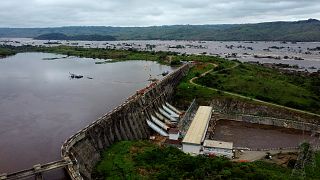
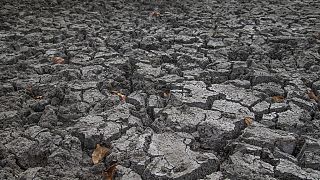

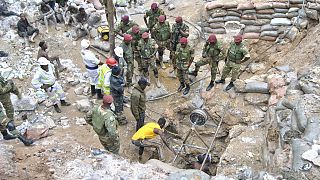
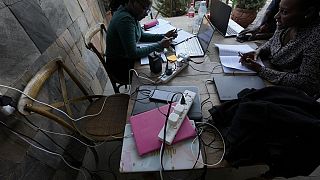
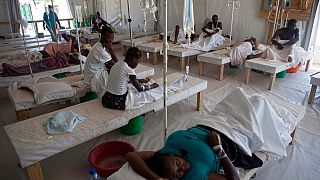
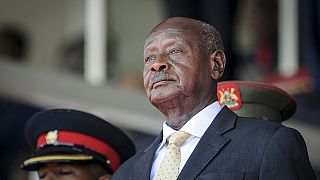

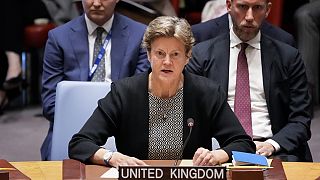
02:19
Taste of Azerbaijan: Rich flavours, heritage await COP29 visitors
01:44
Kenyan ride-hailing company helps people with disabilities get mobile
Go to video
Contaminated corn linked to deaths of 400 dogs in Zambia
02:29
Kenyan farmers turn to sustainable methods to combat soil acidity
Go to video
South Africa: AfDB to lend $1 billion to Transnet
02:34
DRC: South Kivu launches large-scale vaccination